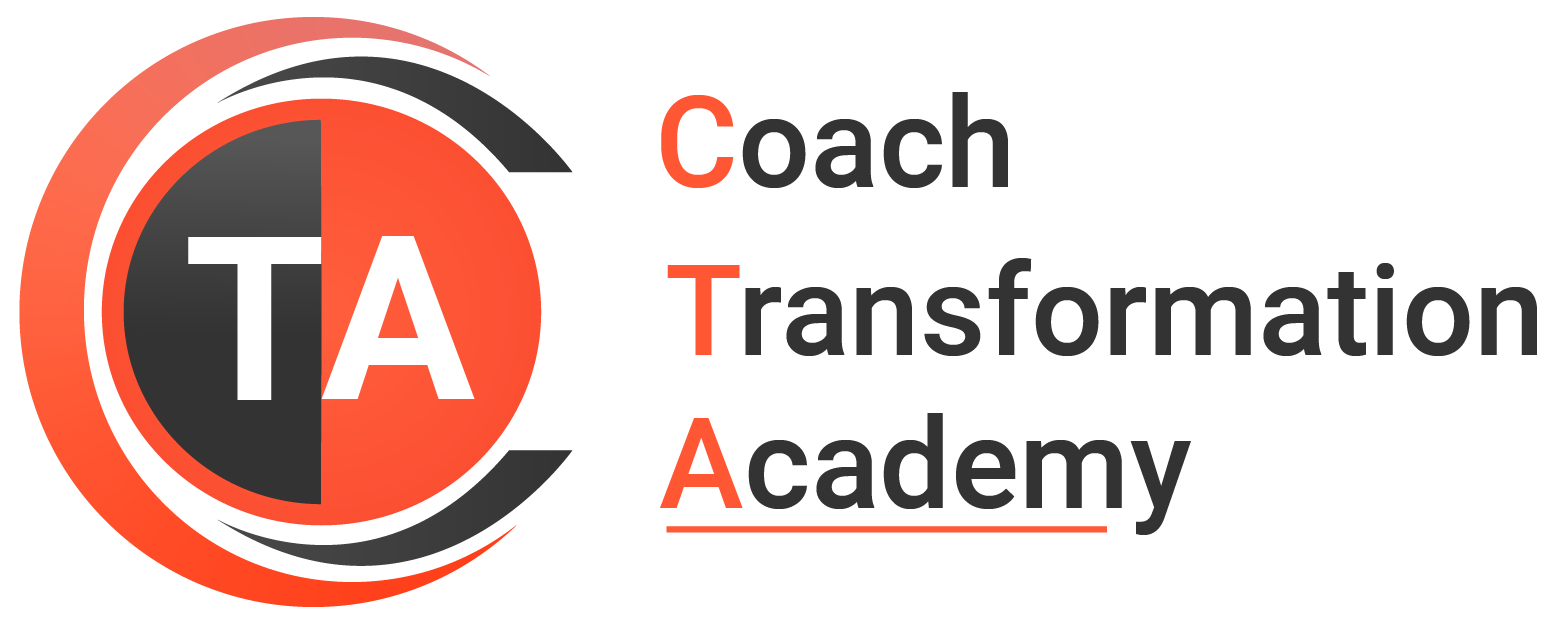The core competencies of ICF were developed, keeping in mind the foundation for coaching as partnering with clients in a mind boggling creative process. For any coaching institute that wants a name and fame in the coaching industry, ICF accreditation is mandatory.
To support greater understanding of the skills and approaches prevailing in today’s coaching atmosphere, ICF has defined 8 core competencies. These 8 competencies are classified into four groups as per how they logically fit together. Have a look at the categorization:
-
- Foundation
- Demonstrates Ethical Practice
- Embodies a Coaching Mindset
- Co-creating the Relationship
- Establishing & Maintains Agreements
- Cultivates Trust & Safety
- Maintains Presence
- Communicating Effectively
- Listens Actively
- Evokes Awareness
- Foundation
We are going to discuss the third ICF core competency, which is about Communicating Effectively. Let’s go!
Third ICF Core Competency-Communicating effectively
To be very precise it is about following linguistic transparency. But there is more to this competency than we see on the surface. Let us take a look at the postulates of the third competency to know better about the standards of ICF certification:
1. Listens Actively
This is defined as the ability to understand what and what not the client is saying and to support client’s desires and expectations. This principle builds on client’s ideas and suggestions and relates to the client’s agenda rather than referring to the coach’s expression. Through this principle the coach can accept, encourage, explore and reinforce the client’s expressions.
2. Powerful Questioning
Asking relevant questions can uncover the information of client in a way that is directly related to benefit of the coaching relationship. They can be asked by either the client or the coach, intended to open greater clarity and invite the possibility for new learning, reflecting listening and evoking insight, commitment or discovery rather than looking backwards.
3. Direct Communication
Direct communication invariably and implicitly means the ability to communicate effectively during the coaching session. This competency principle also denotes that the use of language has the greatest positive impact on any client.
The language that is used must be appropriate and respectful to the client. It should be clear and direct in sharing and providing the feedback. Using the client’s own language, the coach should be able to clearly state the coaching objectives, purpose of the meeting. The language can be used as an analogy or metaphor to paint a verbal picture or illustrate a point.
Cessation
ICF Certification is necessary, but what is more important than just being certified is being compliant with the standards set by the regulatory body. It is well-known that the ICF Global Board has approved a revised competency process that will be into force in the early 2021. So stay updated!







